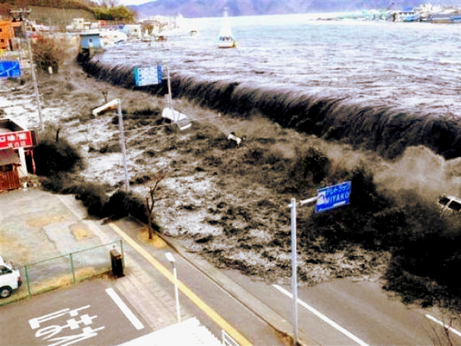The Modern World and Context

We are living at a time of crisis and global transformation. In every field of endeavour we find chaos and confusion; in ecology, the planet is literally melting before our eyes, the economy lurches like a wounded animal, and politically each new star is soon burnt out and falls to earth. Despite all this, the current situation is an opportunity to explore a new dance, a new way of being. As Jung said, "the disease is not here to be cured, but above all to heal us." Most of us need some kind of support as we strive to find ways to use this critical time as a catalyst for growth.
In earlier times the shamans, witch doctors or priests were the community’s guides; in modern times scientists, doctors or psychotherapists have taken on this role. Each in their way helped to facilitate change, but always within the paradigm of the old model; each new radical generation first questioning the current orthodoxy, before becoming the new orthodoxy.
The current crisis is very complex, encompassing rapid change in every sphere of life: social, economic and environmental. Human society must either make a paradigm shift or die; our way of being on this planet is unsustainable. We must ask, What kind of person cannot just survive, but thrive in this complex global crisis? To this end, at 'No Way' we draw on previous models, updating them to address the challenges in the current crisis, and to help the individual make their own paradigm shifts.
The long-term goal is to train people as Agents of Change, a type of transpersonal and shamanistic therapist capable of assisting and accompanying people and entities as they respond to these life changing times. Since the terms Shaman and Therapist are already heavily loaded with concepts and expectations, we prefer to use the more neutral title, Agent of Change to describe this role.
The practice centres mostly on the shamanistic model; the Shaman was a physician, leader, priest, politician and psychotherapist. Shamanism emerged in each culture with its own symbols, methods and processes related to the crises, illness and resources found in that culture. Our vision of a modern Shamanism is to develop a practicum for our time, and to do this it is essential to learn not only from indigenous cultures, religions and history, but also from science, medicine and psychotherapy.
The training thus returns to the original concept of "university” from four centuries ago, where students studied the human situation in its universality, without separating science, arts, humanities or spirituality.
In earlier times the shamans, witch doctors or priests were the community’s guides; in modern times scientists, doctors or psychotherapists have taken on this role. Each in their way helped to facilitate change, but always within the paradigm of the old model; each new radical generation first questioning the current orthodoxy, before becoming the new orthodoxy.
The current crisis is very complex, encompassing rapid change in every sphere of life: social, economic and environmental. Human society must either make a paradigm shift or die; our way of being on this planet is unsustainable. We must ask, What kind of person cannot just survive, but thrive in this complex global crisis? To this end, at 'No Way' we draw on previous models, updating them to address the challenges in the current crisis, and to help the individual make their own paradigm shifts.
The long-term goal is to train people as Agents of Change, a type of transpersonal and shamanistic therapist capable of assisting and accompanying people and entities as they respond to these life changing times. Since the terms Shaman and Therapist are already heavily loaded with concepts and expectations, we prefer to use the more neutral title, Agent of Change to describe this role.
The practice centres mostly on the shamanistic model; the Shaman was a physician, leader, priest, politician and psychotherapist. Shamanism emerged in each culture with its own symbols, methods and processes related to the crises, illness and resources found in that culture. Our vision of a modern Shamanism is to develop a practicum for our time, and to do this it is essential to learn not only from indigenous cultures, religions and history, but also from science, medicine and psychotherapy.
The training thus returns to the original concept of "university” from four centuries ago, where students studied the human situation in its universality, without separating science, arts, humanities or spirituality.